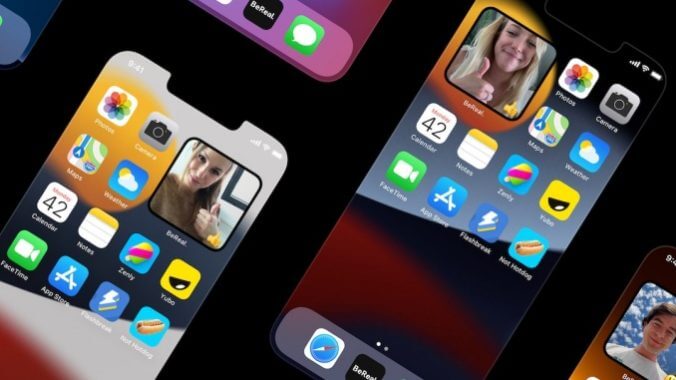
There is pretty much an app for everything—usually multiple apps. No matter how niche a need or interest may be, someone out there is developing a program that interacts with that interest. Or you can make your own as app development tools become far more accessible and intuitive. This wide ecosystem can make it hard to whittle down the best available to a select few, but Paste has done its best to do just that. Here are Paste’s best and most influential apps of the year.

TikTok
It’s been a bad year for major social media platforms—mass layoffs, Elon Musk propagating the most hateful sectors of Twitter and Instagram’s pivot to video. But TikTok, for all its faults, remained stable and continued to grow in 2022. Its popularity pushed competitors to do their best copy job, most notably Meta’s Reels and YouTube Shorts, proving the influence the app carries. TikTok is pushing broad change within social media simply by existing, but it isn’t exempt from the tried-and-true tech strategy of copying trends.
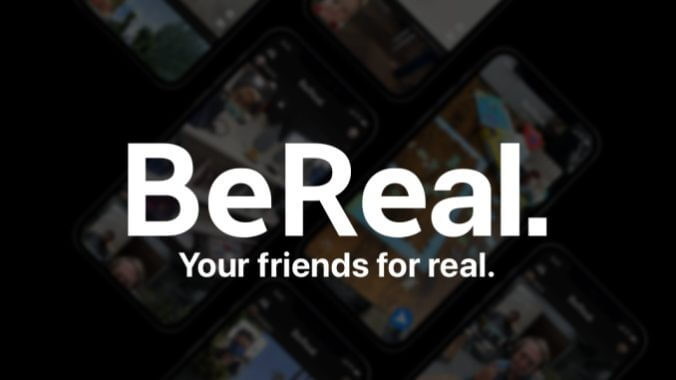
BeReal
Case in point, BeReal. The photosharing app focused on cataloging ourselves at our most candid exploded in popularity this year, establishing itself as a viable platform as other social media destinations struggle with their identity. BeReal strips away the edifice of how so many have utilized apps like Instagram to portray themselves online and simply asks users to capture themselves as they are at a given time of day. It’s the perfect breath in social media’s unending screech.
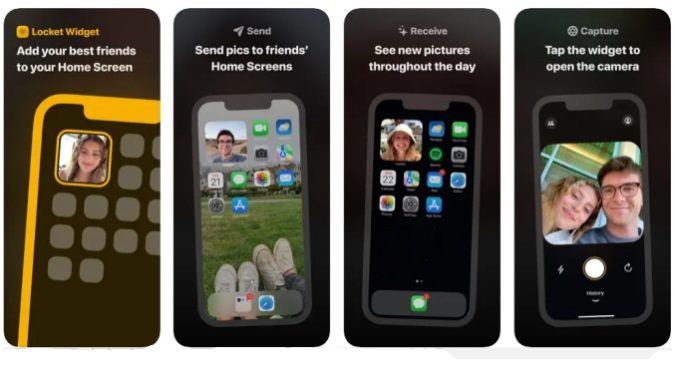
Locket Widget
Like BeReal, Locket wants to change our relationship with sharing ourselves online and why we decide to do so. Locket does this by allowing users to share images with those closest to them directly on their phone’s home screen, and it is branching out into messaging as well. Locket wants to foster closeness and connectivity with those most special in your life, especially as we remain somewhat separated from one another.
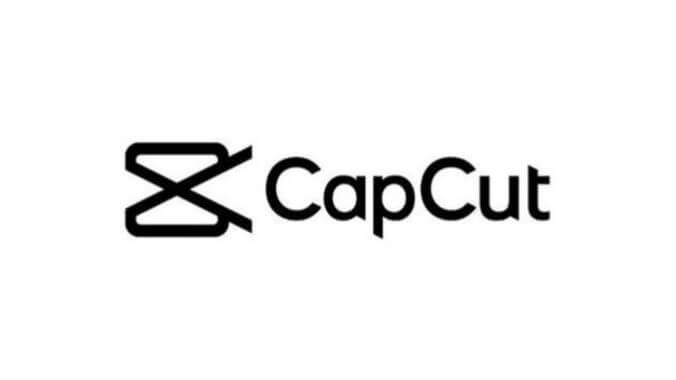
CapCut
TikTok’s influence on social media has made an app like CapCut a near must-have. CapCut basically turns your smartphone or tablet into an editing suite, letting you cut and splice video shot on those devices. It streamlines much of the creation process and lets those interested in online content creation get their hands dirty on the technical side of things without dropping major cash for traditional editing software and/or a computer powerful enough to run it.

Supernatural
The VR exercise app at the crux of an FTC lawsuit against Meta, Supernatural is the most fun and engaging fitness app available for the Meta Quest 2. Think Beat Saber but more mindful. The app isn’t the first to try to make working out fun. It isn’t even the first to succeed. But it has done that for a wide range of VR users, and may be the killer app for the Quest 2.
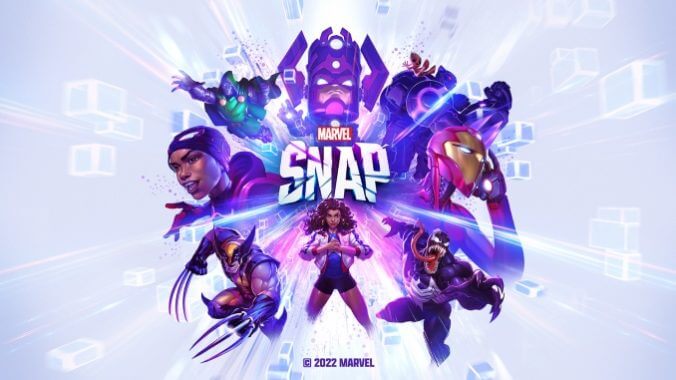
Marvel Snap
Second Dinner Studios’ mobile card game soared to the top of the app markets with its mix of short match time, easily grasped rules, strategic depth and the uber-popular Marvel properties. The art and animation embrace the various franchises from which it pulls its characters and the match structure keeps players engaged whether they’re just popping in for a quick battle or marathoning some superhero smackdown.

ChatGPT
ChatGPT isn’t an app in the traditional sense in that you can’t download it to your device currently, but anyone can access it via your device’s web browser. Its advancements, developed by OpenAI, make this the most intriguing chatbot yet. It’s an interesting tool just to play around with, but the large language model could open some interesting avenues for use in the future. People are already using it to build personal health and fitness plans, simulate interviews and inspire culinary creativity with an ingredient list. Who knows what could be next.

Stable Diffusion
AI image generators caught on big this year. The weird and wonderful creations from Craiyon flooded social media feeds. More recently, Lensa has become a favorite of users, cranking out intricate digital portraits while drawing plenty of criticisms about user privacy. Stable Diffusion is the free open source model powering all of these platforms, providing a powerful tool to those willing to learn and a beefy GPU. But it is also forcing a number of questions to be asked about how the technology will be used in the future.
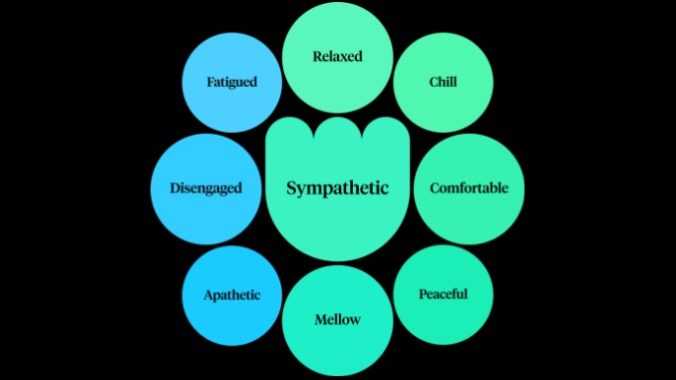
How We Feel and Moodkit
Both How We Feel and Moodkit are mental health apps that want to change how you interact with your emotions and moods beyond mindfulness and meditation. They do so by providing trackers and other ways to reflect on how your mood and emotions interact with one another at any given time or period during your day-to-day activities. They’re needed tools as we collectively continue to embrace caring for our minds in the same way we do our bodies.